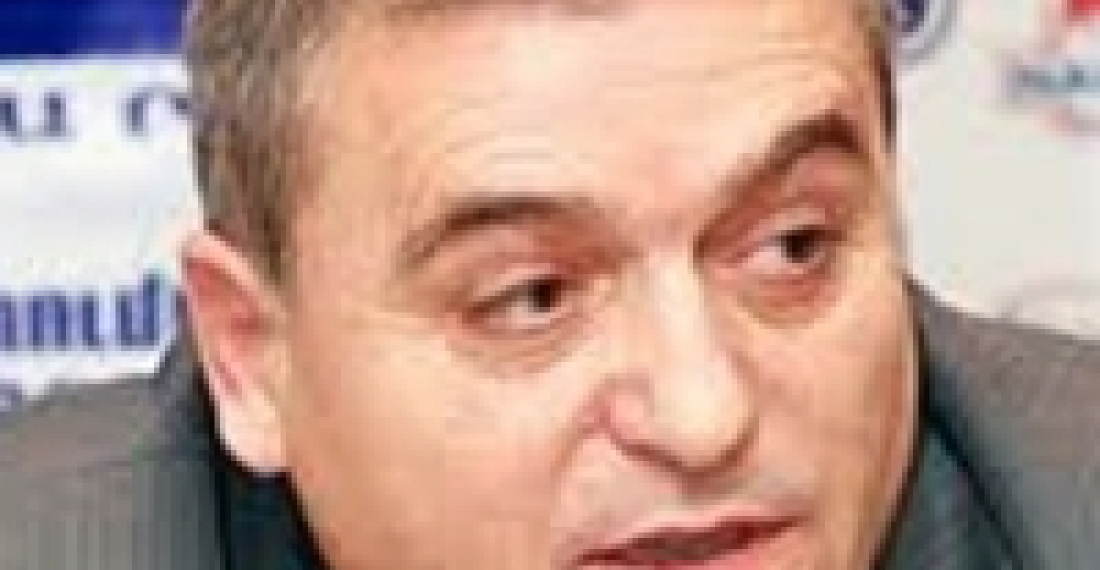"Ситуации в Косово, Абхазии и Южной Осетии были форс мажорными и разрешены посредством права силы. Мы не должны стремиться к тому, чтобы карабахский конфликт и дальше обретал международный характер и вошел в круг интересов сверхдержав и силовых центров", - заявил в ходе круглого стола в Степанакерте председатель постоянной комиссии Национального собрания Нагорно-Карабахской Республики по внешним отношениям Ваграм Атанесян.
"Сегодня Нагорно-Карабхская Республика - более эффективное по многим параметрам государство, чем Азербайджан и другие страны региона, и чем любая среднеевропейская страна. И если имеются определенные трудности, то они являются следствием европейского эгоизма, который препятствовал налаживанию экономических, социальных, политических, культурных связей с внешним миром", - отметил он.
Депутат с сожалением отметил, что "так называемые" Мадридские принципы не сняты с повестки переговоров. "Это имитация прошлого, незавершенного этапа переговоров", - сказал Ваграм Атанесян, отметив, что казанская встреча президентов Армении, России и Азербайджана 24 июня 2011 года "похоронила" все трехлетние усилия Дмитрия Медведева.
Касаясь проблем широкого регионального масштаба, Атанесян исключил возможность применения силы в отношении Ирана, что, по его словам, чреватато новой мировой войной.







